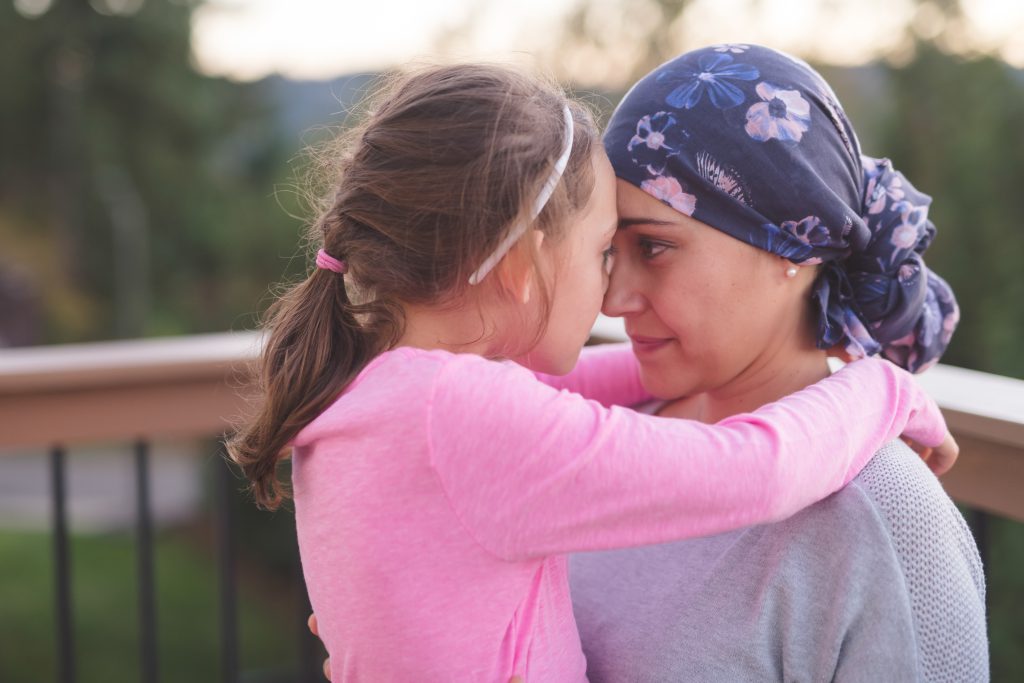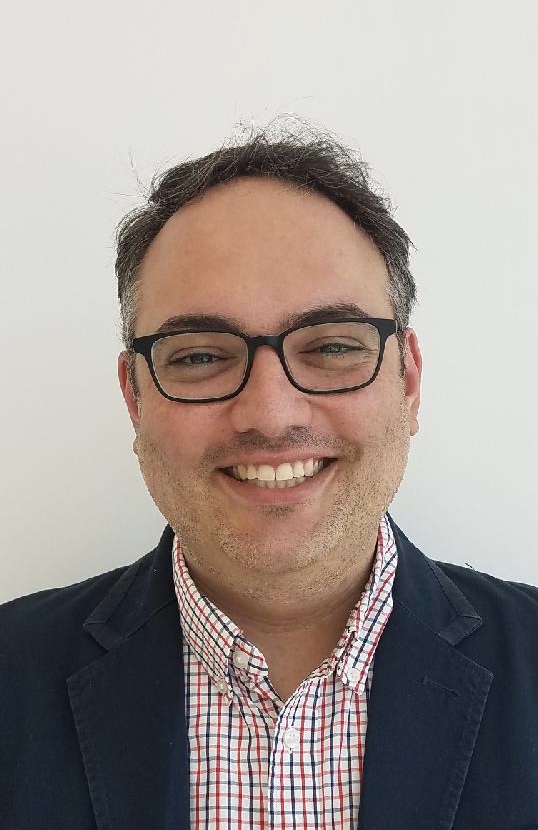When It Comes to Breast Cancer, Sometimes It’s All in the Family
Posted on byBy Griffin Miller, Katmai Contractor, CDC Division of Cancer Prevention and Control
Has anyone ever told you that you have your mother’s eyes? Or that you look just like your grandmother? We all get our looks and physical traits from our families, but we may not always think about risks we share for diseases like cancer, including breast cancer.
The good news is that knowing your family cancer history can give you a head start toward preventing breast cancer. No matter your gender, it’s important to know your risk and learn how to protect yourself.
What Is Breast Cancer?
You probably know someone who has been diagnosed with breast cancer. We have all seen the pink ribbons and the walks for breast cancer research. But we may not understand what breast cancer is and why so many people get it.
Breast cancer is a disease in which cells in the breast grow out of control. Breast cancer can cause different symptoms. The most common symptoms are lumps in the breast or underarm, swelling of part of the breast, or pain in any area of the breast. Like most cancers, if left untreated, breast cancer can spread to other parts of the body, making it harder to treat.
Breast cancer is the second leading cause of cancer death in the United States. CDC’s latest data tell us that more than 264,000 women were diagnosed with breast cancer and more than 42,000 women died from it. For some of these women, their potential for breast cancer ran in their family.
How Breast Cancer Can Be Passed Down Through Your Family

Most cases of breast cancer occur in women who are 50 or older. When women younger than 45 are diagnosed, they are more likely to have a family history of breast cancer. In fact, about 5% to 10% of breast cancers are hereditary, meaning your risk of breast cancer is passed down from your family.
“When we talk about hereditary breast cancer, we are really talking about the inheriting of mutated genes that could lead to the development of cancers,” says Juan Rodriguez, MPH, MS, PhD. Dr. Rodriguez is a senior epidemiologist at CDC who specializes in hereditary breast cancer.
If you have family members who have been diagnosed with breast cancer, you may have a higher risk of developing breast cancer. This includes both your mother’s and father’s sides of the family.
“The biggest misconception that both individuals and even some health providers have is that, for women, they only consider the history of their female relatives,” says Dr. Rodriguez. “It’s really more important to look at your full genetic profile, and that includes both sides of your family.”
Listen Up Guys: Breast Cancer Doesn’t Only Affect Women
Some people wrongly think breast cancer only affects women. Although it is rare, men can also get breast cancer. In fact, about 1 in 100 breast cancers diagnosed in the United States is found in a man. Men should also consider their family history of breast cancer to see if they may be at risk.
“It doesn’t matter which side of your family has breast cancer or not,” says Dr. Rodriguez. “These mutations can impact different organs in women and men, but having a family history increases cancer risk in both genders.”
Knowing Your Family History Can Save Your Life
If you are unsure about your family history of breast cancer, start by asking your relatives. Open conversations about your family history of cancer on both your mother’s and father’s sides can help you and your family
If your family history of cancer suggests that you may have a higher risk—or if you don’t know your family history—your doctor may refer you for genetic counseling. This counseling may include testing to find out if you carry mutations that could lead to cancer developing.
“Genetic counselors can help patients understand what their family history means for their risk of cancer, if genetic testing is right for them, and how they can address their increased risk,” says Dr. Rodriguez.
Talk with your doctor about your family history of cancer to find out when you should start getting screened for breast cancer.
Bring Your Brave Campaign
CDC’s Bring Your Brave campaign tells real stories of women aged 18 to 44 whose lives have been affected by breast cancer. Bring Your Brave seeks to inspire young women to learn their risk of breast cancer, talk with their health care provider about their risk, and live a breast healthy lifestyle.
The campaign recently launched a new series of videos featuring women and even men who were diagnosed with breast cancer and have a family history of breast cancer.
You can watch and learn more about their stories below.
- Women’s Stories: Learn about breast cancer in young women through the stories of women whose lives have been deeply affected by it.
- Talking About Your Family History of Cancer: Women and men affected by hereditary breast and ovarian cancer share their stories.
More Information
- MFHP: Cancer app
- Breast Cancer
- Breast Cancer in Men
- Family Health History and Cancer
- Blog post: When Cancer Runs in the Family


Post a Comment